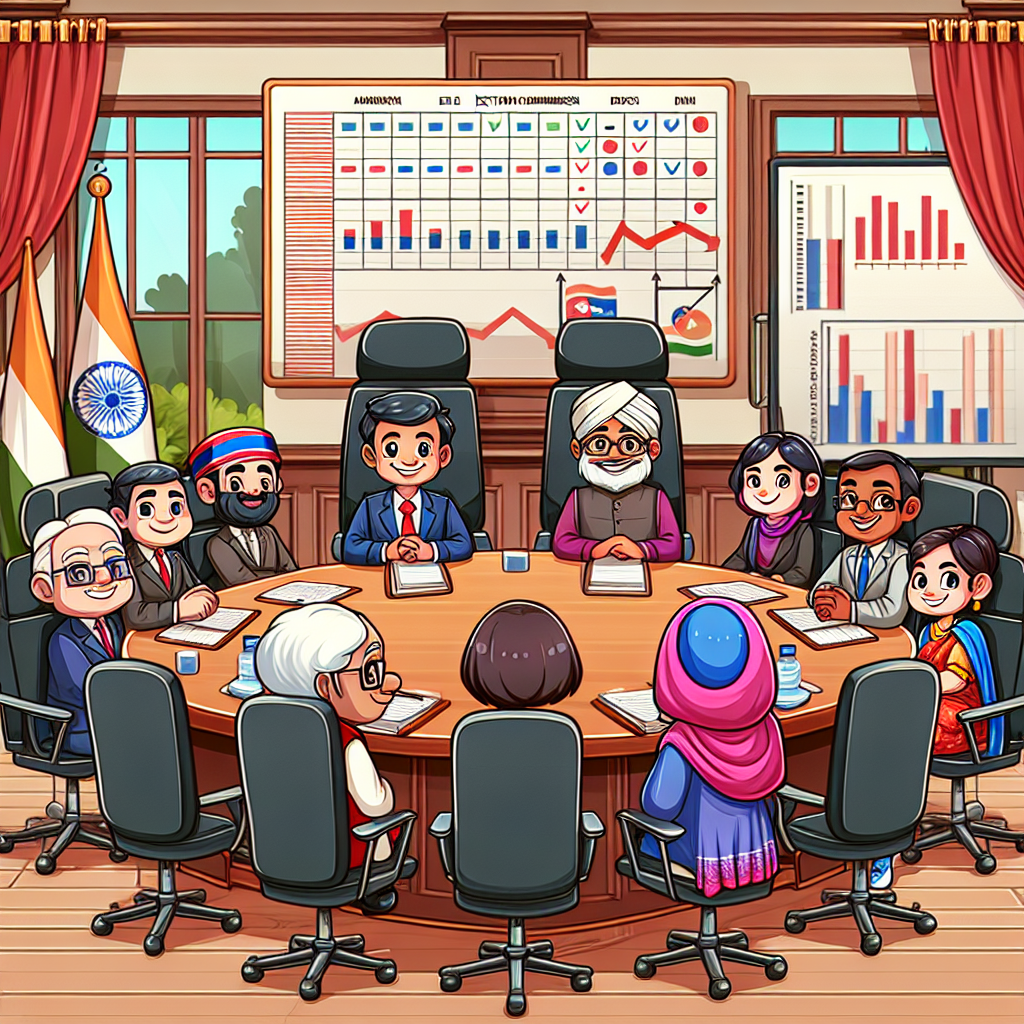High-Stakes Election: Japan's Political Future Hangs in Balance
Japanese voters participated in a closely contested upper house election that could create political upheaval. Prime Minister Shigeru Ishiba's coalition faces challenges from opposition parties advocating fiscal changes. Results may affect trade talks with the U.S. and impact financial markets. The future of Ishiba's leadership remains uncertain amidst growing economic pressures.

In a pivotal moment for Japan, voters have engaged in a closely contested upper house election that risks setting off a wave of political disorder. At the center of this contest is Prime Minister Shigeru Ishiba, whose leadership hangs in the balance as rising prices and immigration concerns threaten to loosen his hold on power.
Opinion polls suggest that Ishiba's Liberal Democratic Party (LDP) and its coalition partner, Komeito, may fail to secure the 50 seats needed to maintain their majority in the 248-seat upper house. Opposition parties, such as the right-wing Sanseito, are gaining ground with pledges of tax cuts and increased public spending, and their potential rise is causing concern about the impact on Japan's political stability.
Analysts warn that a poor showing by the coalition could undermine investor confidence in the world's fourth-largest economy and complicate ongoing trade discussions with the United States. As Japan approaches an August 1 deadline for a crucial trade deal, the election results will be crucial for the future of Prime Minister Ishiba's leadership and the country's economic trajectory.
(With inputs from agencies.)
ALSO READ
Political Turmoil in Kerala: Calls for Health Minister's Resignation Escalate
Public Outrage or Judicial Distrust? Unraveling Bangladesh's Political Turmoil
Political Turmoil: AAP MLA Chaitar Vasava Arrested in Gujarat for Attempted Murder
Political Turmoil Erupts: AAP MLA Chaitar Vasava Arrested Amidst Controversy
Trade Talks and Stock Shifts: London's Market Mood










